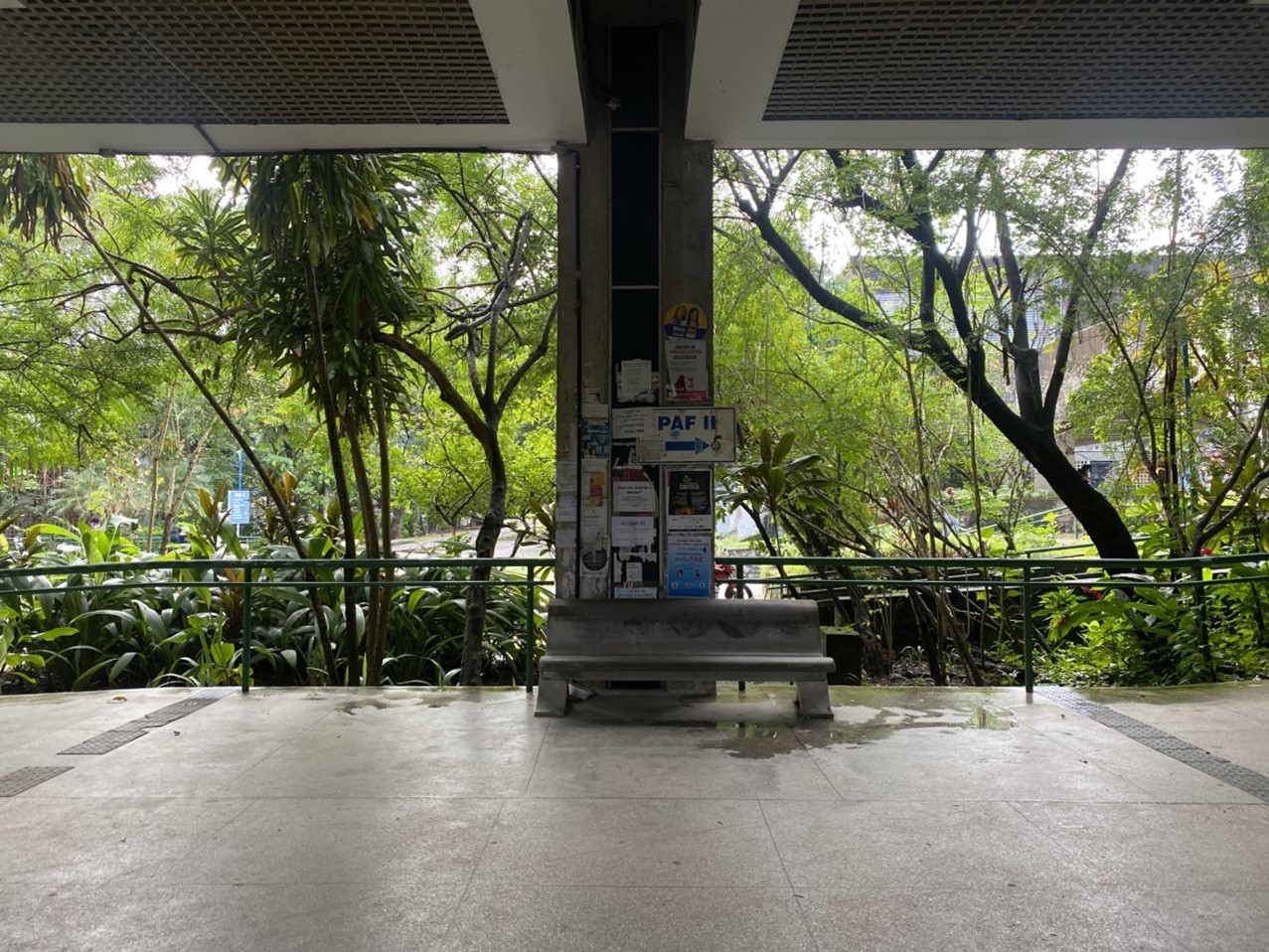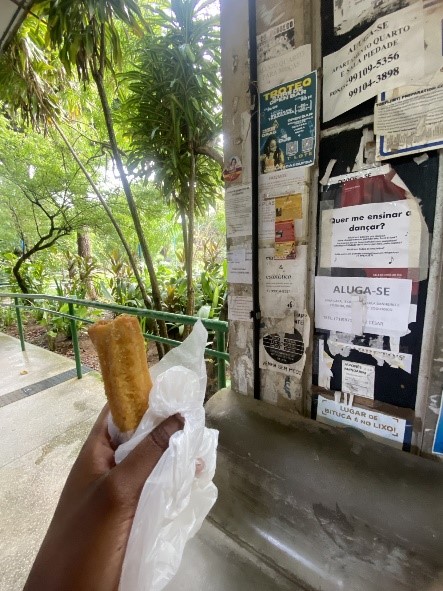Oí gente (Hello, everyone!). My name is Jaquayla Hodges, and I am an approaching second-year MPH student at UNC Gillings School of Global Public Health in the Applied Epidemiology concentration. Within my public health career, my main foci are health inequities that exist across the African Diaspora, Latinx, and rural communities.


This summer, I began working with the Entre Mares Research group based in Salvador da Bahia, Brazil for my practicum. Our project was created following a mysterious oil spill that occurred in 2019 along the northeastern coast of Brazil. The team sought to analyze the effect of the oil spill on the fishing industry and communities of Salvador da Bahia, Brazil. Salvador is an incredibly historic city in the Brazilian state of Bahia. It has strong association of Portuguese colonization in Brazil and dark involvement in the Trans-Atlantic Slave trade. The detrimental effects of slavery are still seen socially and economically, especially in low-income and Afro/Black communities. Fishing communities include many people who work multiple jobs to support their families.

The 2019 oil spill highlighted the disparities that existed within Salvador. Fishing communities are an important piece of the growing economy in the area. In Salvador, the ocean is everything. It sources seafood for their traditional dishes like Moqueca (seafood stew), unifies people across all socio-economic backgrounds on the beach for a day of relaxation, and is honored through the practice of Candomblé (an Afro-Brazilian religion of Orixá worship). These small-scale businesses prioritize the use of artisanal workers and contribute to more sustainable modes of fishing.
The first month of my work involves data analysis of responses collected from a questionnaire distributed by the research team of fellow UNC and Universidade Federal da Bahia professors and students. Though most of this experience has been through virtual and in-person meetings with the team, I have actively made efforts to engage with the fishing communities and Bahians daily. This practice is an important aspect of data collection and sharing. Epidemiology is often depicted as an independent aspect of public health; however, it is important to interact with and understand the lives of the people you observe for studies.

Current approaches to data analysis asks the questions: Who were affected by the spill (demographics including gender, socio-economic status, etc), What mode of exposure (skin, respiration, consumption) has been most frequent and may cause the most adverse health implications? At the moment, I am creating a table for the demographics of each region of the collected data to further determine inequities. My team consists of Universidade Federal da Bahia undergraduate students who work alongside Dr. Veronica Maria Cadena Lima. I assist the team in approaches to data analysis. Currently, I am observing a cluster analysis done to determine which mode of exposure has the most adverse health outcomes. This has been my favorite part of analysis so far! Results from this analysis will help protect communities from future occupational and environmental disasters.
The Entre Mares Research Group has grown to observe, engage and protect fishing communities in Salvador, and other affected communities in northeastern Brazil. Soon I will travel to Conde, another community in Bahia that has been affected by the spill. Conde is one of the areas that I am observing the data. This experience helps solidify the reality of the data we analyze apart from those involved. I am forever thankful for the opportunity to engage and collaborate with these passionate communities.
